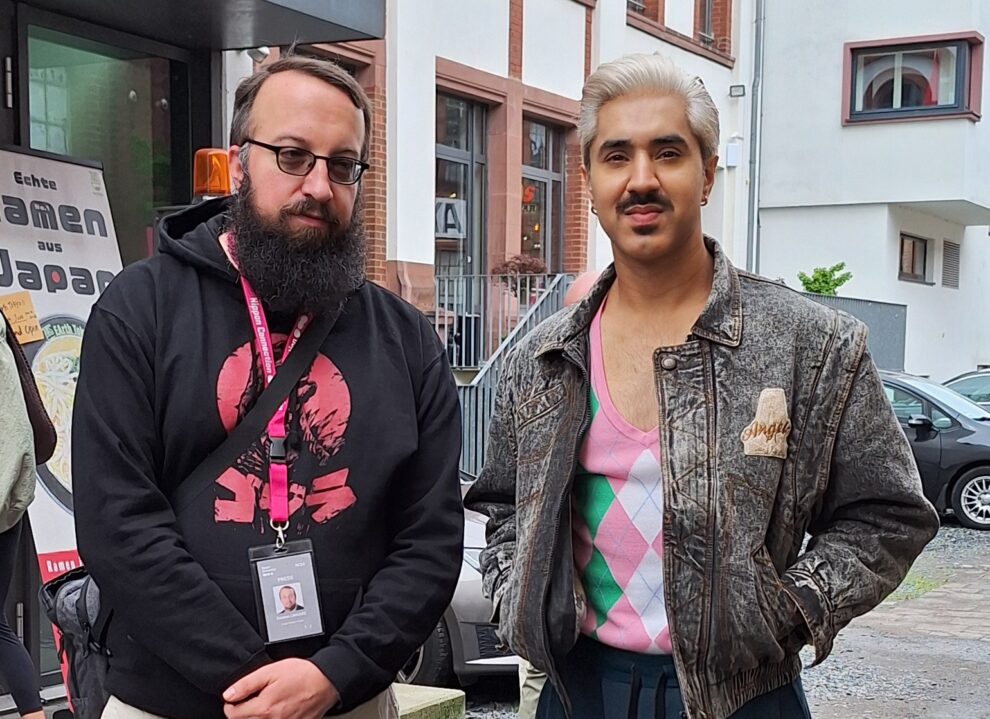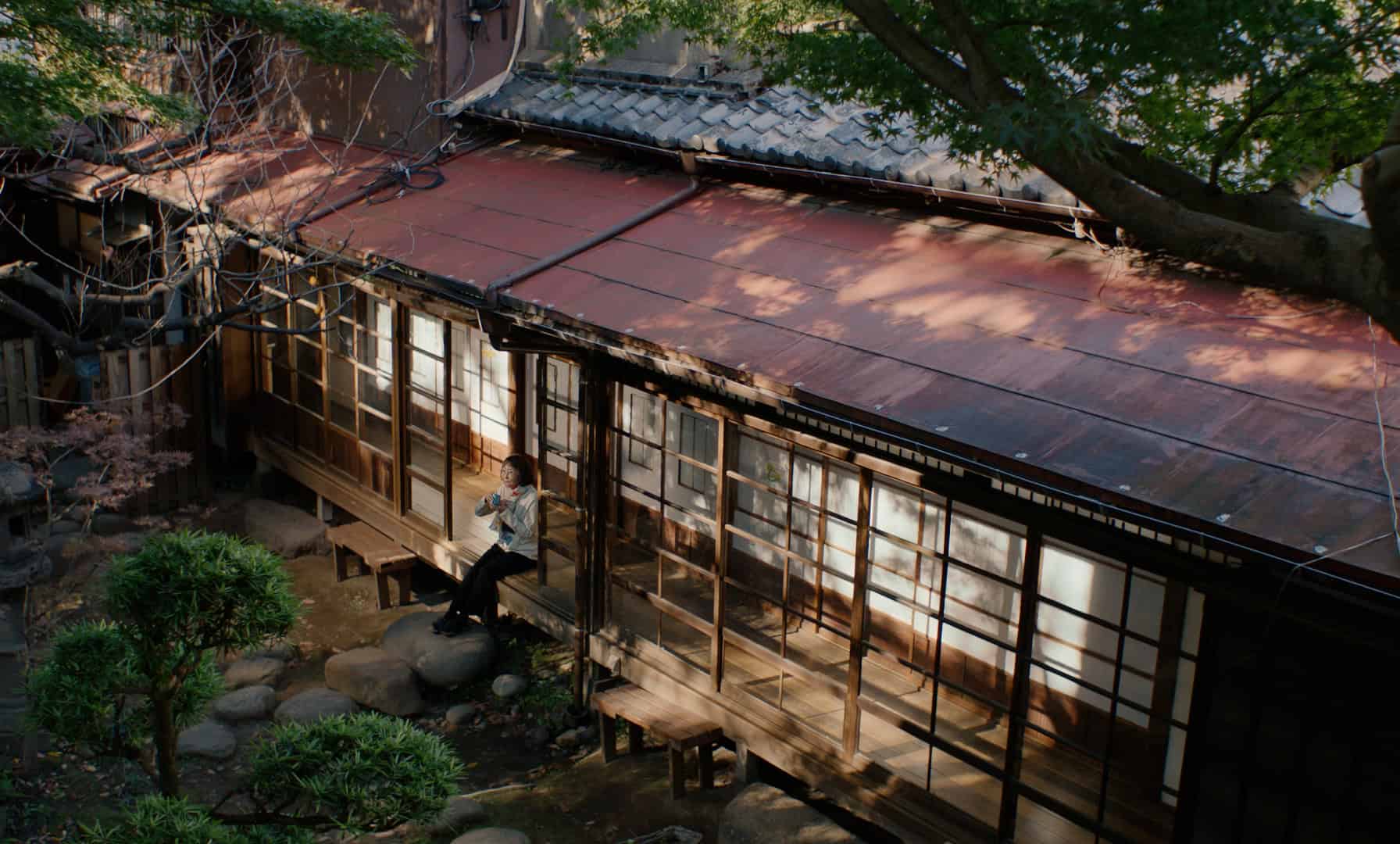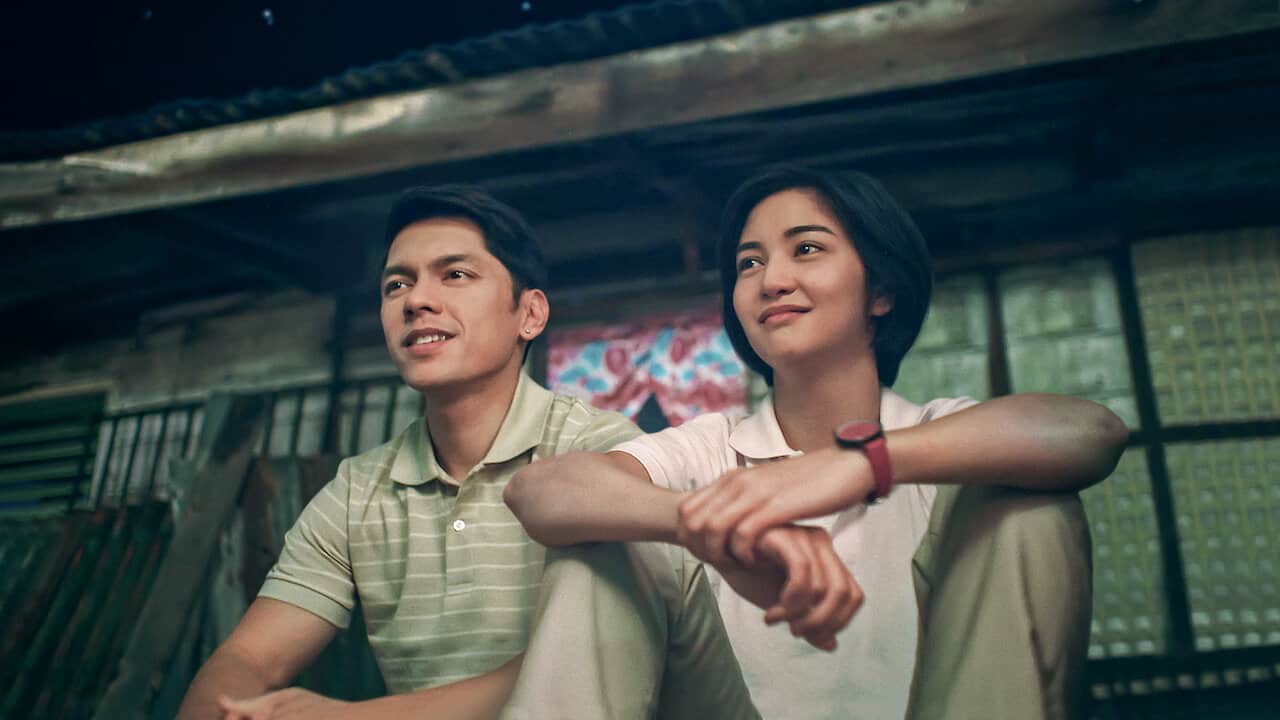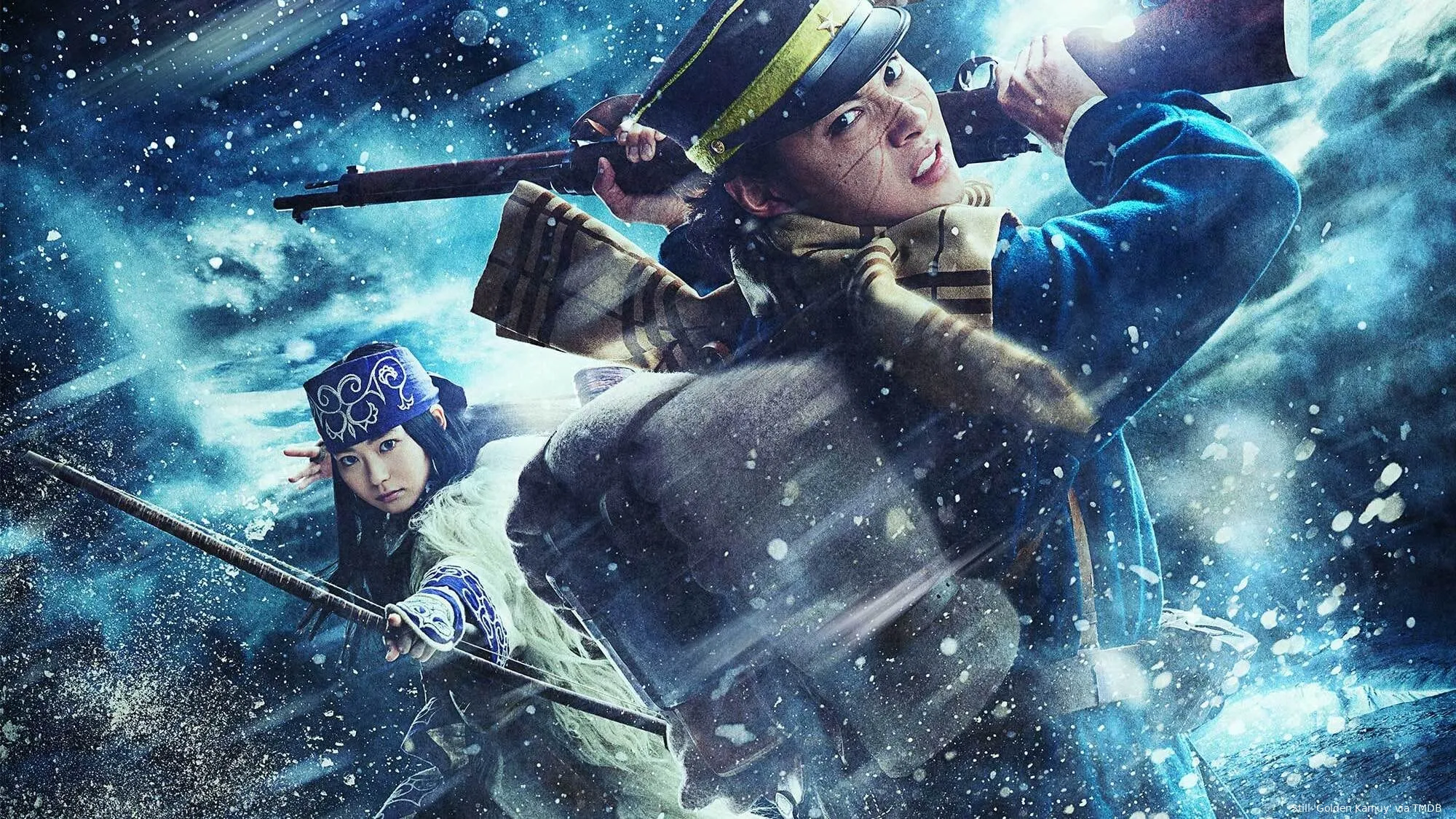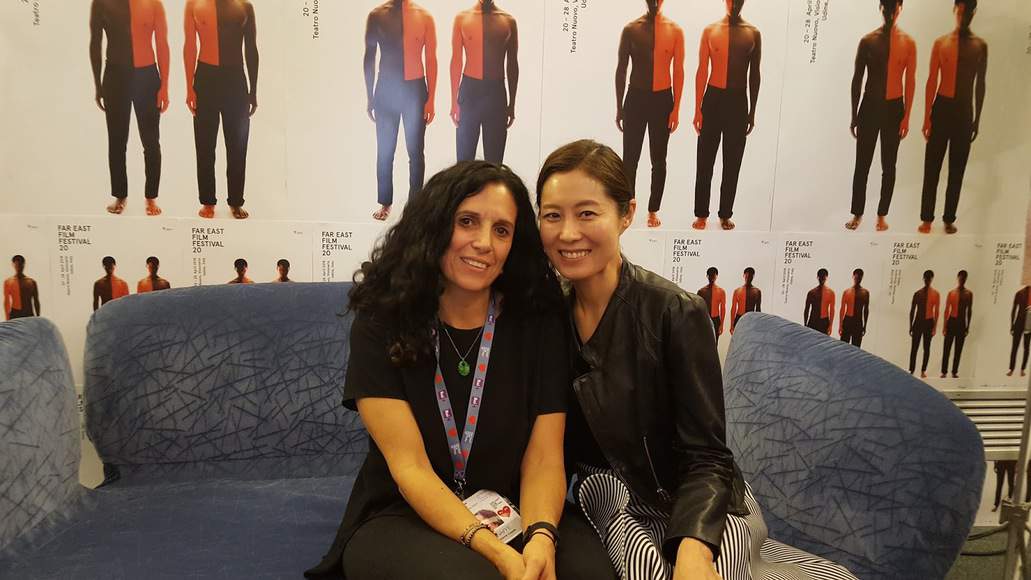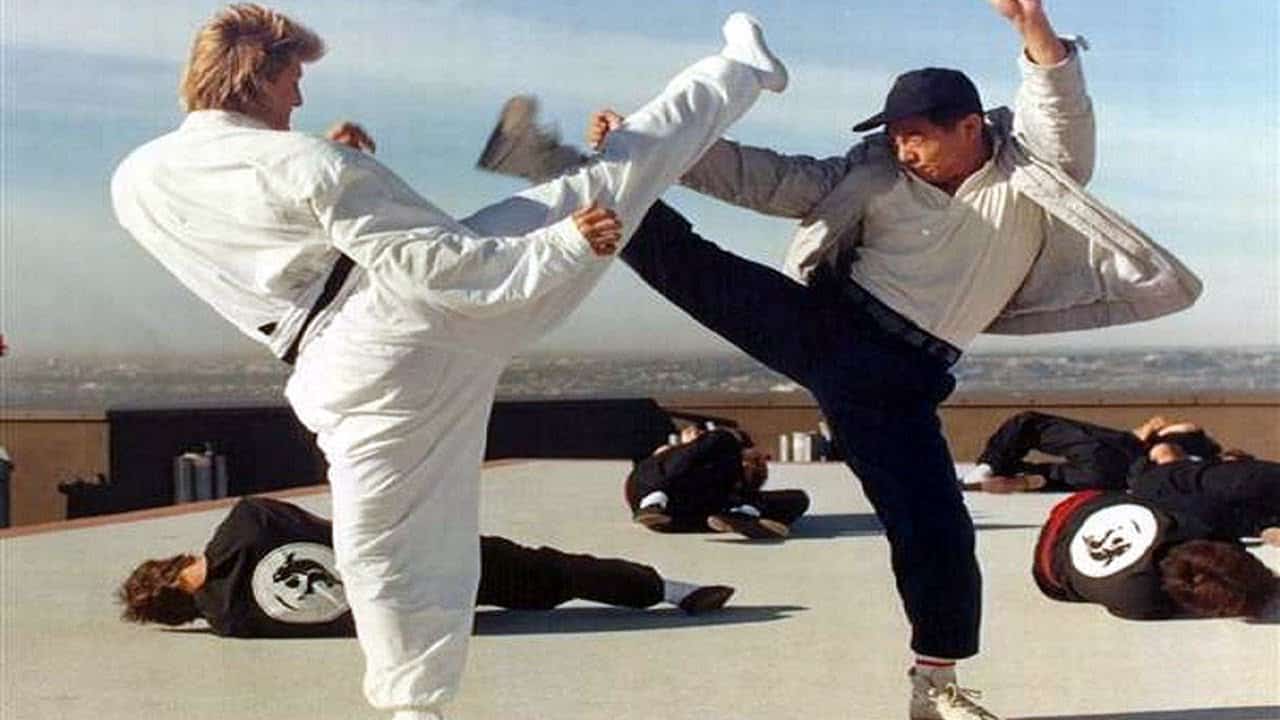Mobeen Azhar is a British journalist, radio and television presenter and filmmaker. During his career he has explored many topics such as politics, true crime and extremism. He has presented and produced documentaries for BBC One, BBC Two and BBC Three and has also fronted radio programs for BBC Asian Network.
In 2023 he presented the documentary “Predator: The Secret Scandal of J-Pop”, directed by Megumi Inman, who Azhar had worked before on other projects. The feature focused on the sexual abuse scandal surrounding Japanese record producer Johnny Kitagawa and his talent agency Johnny & Associates. Initially met with a lukewarm response in Japan, the documentary paved the way for a wide coverage of the scandal which ultimately led to the dissolution of the company and an official acknowledgment of the scandal. In 2024 Inman and Azhar made “The Shadow of a Predator”, a mini documentary following these developments.
Check the review of the film
On the occasion of both documentaries screening during Nippon Connection 2024, Mobeen Azhar spoke with us about the reactions to the features, taboos in Japanese society and parallels to other, similar scandals.
What was your starting point for “Predator: The Secret Scandal of J-Pop”?
The first time I heard about Johnny Kitagawa was actually during the year he died. At that time I was working with the Foreign Affairs department for the BBC and read an article about him: I was interested in this juxtaposition between this person who was a treated as a national treasure with the Prime Minister sending a message to his memorial service which took place in the Tokyo Dome and these long-standing allegations of sexual misconduct and molesting children who worked as talents at his company.
In your previous projects you have tackled sensitive subject matter before, but did you anticipate the kind of resistance and silence you faced when investigating this topic?
In a way I did. Over the course of my career, I tackled a lot of subjects which people do not want to talk about, for example, when I made a series for the BBC about heroin dealing in Yorkshire, where I grew up. It was problematic because the community, the police, the drug dealers and the politicians did not want to talk about it. I made programs about the freedom of press in Pakistan, sex workers, Crystal Meth production in Mexico or the drug production in Thailand which are just as problematic. So you can see I like to deal with topics where many people tend to go in the other direction whereas I want to face them head-on.
When it comes to “Predator: The Secret Scandal of J-Pop” and its follow-up, what I did not expect was the reaction of the so-called media class. They did not want to contribute to the project, but they knew about the allegations and that they were true. What surprised me was how so many knew about the subject matter and these crimes, but did not want to talk about it.
Especially in “The Shadow of the Predator”, you mention how many of Kitagawa's victims that came forward experienced bullying, violence and even death threats as soon as they came forward with their stories. Did you experience a similar reaction in the aftermath of the first documentary being released or perhaps even during the shooting?
It is interesting because after the first film, there has been a correlation between the public discussion within Japan and receiving correspondence. With the Japanese press beginning to take this topic seriously and reporting it, I saw a spike in reaction such as bullying and death threats. I received emails, messages and DMs telling me to stay out of Japan or there will be problems. I was accused of defaming Japan and there was no truth to the story.
However, if you look at the facts of this case, it is clear this is the truth. In 2023, after the release of the first film, the company formerly known as Johnny & Associates employed three former judges to do an independent investigation. They came to the conclusion Kitagawa had sex with teenagers and children who were at the company for decades.
Following this development, I contacted the UN and they sent in a working group to Japan to investigate sexual exploitation within the entertainment industry. They also spoke with employees of the agency and came to the same conclusion.
After all this, every reasonable person has to acknowledge that our documentaries and the findings we present are entirely fact-based.
Check the review of the film
What is different from other documentaries is that the audience also sees your reaction to what you learn from the people you talk to or what you find out. When did you notice that this was getting to you?
In general, in all of the projects I worked on I have a certain level of personal investment which I know is not something every audience member likes. Those who firmly believe in a more traditional news style which favors a clear distinction between the reporter or the person leading the investigation and their reaction criticize my approach. I do not think so because a lot of the subject matter is quite emotive and it requires perhaps a bit of hand-holding with the audience. This is especially true for a subject such as this which deals with a culture that is very different.
There is a person who I talk to in the first feature who explains this “transaction” that went on between the parents of the talents and Johnny Kitagawa. He talks about this “casting couch”-culture which is very transactional. At this point I think it is just fair to share my gut reaction to what I am hearing.
This has been my approach for quite some time now. Megumi Inman, who is the director of both documentaries, and the team behind us felt as if we are going on this journey together. During the research, the filming and the editing process we would be talking about this topic.
Do you see similarities between this case and, for example, the case of Dan Schneider and the toxic culture at Nickelodeon?
Yes, I do. Another very similar case is the investigation into the career of Jimmy Saville. In the 1980s he had a hit TV show called “Jim'll Fix It” where he would fulfill children's wishes, for example, if they wanted to meet a pop star. He also had this status of a national treasure, much like Kitagawa in Japan. The BBC upheld Saville's reputation, and it was confirmed with his public persona, as he was regularly seen at Downing Street or even Buckingham Palace. Everybody thought he was a reputable person and then these rumors came out that he was exploiting children and having sex with them. It took many years to correct this image of him and cover his scheme of sexual exploitation with several BBC documentaries and even Netflix making a series about this case.
Whether we are talking about the case of Michael Jackson, R. Kelly, Harvey Weinstein, Dan Schneider, Jimmy Saville or Johnny Kitagawa we have distinct parallels. The perpetrator is always made and regarded as the king- or queenmaker, who is able to change your life. And then you have a climate surrounding this person, where many do not feel empowered enough to speak out. Retrospectively, many years later you have people coming out saying they knew something was wrong and I know I should have spoken up sooner. In the case of Johnny Kitagawa, I am still surprised at the number of journalists who have contacted me stating they knew something was wrong and they wished they had spoken up. But again, this is not an exclusively Japanese issue.
What do you hope the audience will take away from these two documentaries?
I really hope what hits home with the audience is this idea of being willing and able to question authority. Culturally, Japan is the most polite culture I have ever encountered. Politeness is currency to the point where no one wants to inconvenience anyone. This can be brilliant but also problematic if it stops people from speaking out and saying this is something they are uncomfortable with, this is wrong or a boundary has been crossed.
However, this is not an issue that is exclusively Japanese. In places where we have a certain imbalance of power we have people with authority controlling the discourse. What the films should stress is that it is always a good thing to question authority and it is acceptable to hold people accountable. In the case of Johnny Kitagawa, if people had been asking these questions in the 1960s, who knows how many children and teenagers could have been saved from experiencing sexual abuse.


